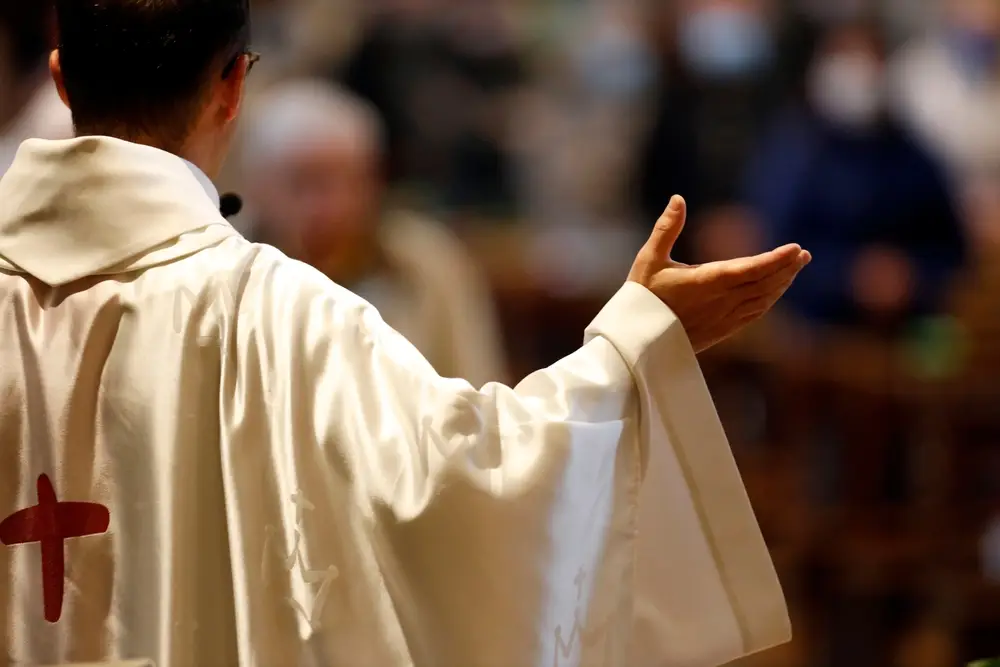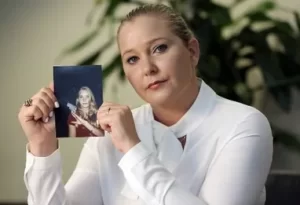Half of the 633 clergy sexual abuse claims filed against the Archdiocese of New Orleans could be disqualified under a challenge from church bondholders, potentially collapsing the $235 million settlement plan meant to conclude one of the most high-profile Catholic bankruptcy cases in the country, an article co-written by WWL Channel 4 and The Guardian reported today.
The Archdiocese, the second-oldest in the United States, has been navigating Chapter 11 bankruptcy since 2020, a move initially made as hundreds of abuse claims surfaced in the wake of Louisiana’s 2021 lookback law. The law, passed by the state legislature, opened a temporary window allowing survivors to sue regardless of when the abuse occurred—similar to legislative efforts seen across multiple states in recent years.
Under the current settlement proposal, the Archdiocese has agreed to contribute at least $180 million to a compensation trust for survivors, with that amount potentially increasing to $235 million if the Church’s affiliated nonprofit, Christopher Homes, completes the sale of its affordable housing properties. On Tuesday, court documents revealed new terms of the agreement, including a provision to establish a public archive of abuse-related files. However, that archive will only include clergy or church staff who have already been found credibly accused or those named in at least three verified claims. Survivors naming individuals with only one or two verified reports will not see those names disclosed, raising concerns among transparency advocates.
The financial dispute at the heart of this latest development stems not from the Archdiocese itself, but from its bondholders. These investors, some of whom previously accused the Church of securities fraud for withholding $1 million in interest payments, are now asking the bankruptcy court to disqualify hundreds of claims they argue are duplicates, filed late, or otherwise invalid.
Church officials clarified that while the eligibility of claims will be reviewed by a court-appointed examiner, they are not actively seeking to exclude them. If the bondholders’ objections are upheld, however, the impact could be significant: the number of eligible voting claimants would shrink, potentially empowering a bloc of around 180 survivors who are already planning to vote against the settlement. If two-thirds of voting survivors do not approve the deal by October 29, Judge Meredith Grabill has stated she will dismiss the case—forcing the Archdiocese out of bankruptcy and exposing it to hundreds of civil lawsuits in state court.
The high-stakes nature of the vote mirrors legal battles unfolding in other U.S. dioceses, from Baltimore to Santa Fe, where bankruptcy proceedings have become a central battleground for abuse survivors seeking justice. Critics argue that these bankruptcies allow the Church to control payouts, suppress internal records, and avoid full accountability. In New Orleans, bondholder claims that the Church capped real estate sales at $20 million to shield itself from additional survivor payments have further fueled skepticism.
The proposed settlement plan, jointly filed this week by the Archdiocese and the official committee representing abuse survivors, reflects both progress and controversy. Survivors’ groups have long demanded transparency and full acknowledgment of the Church’s failures, while Church leaders maintain they are working toward reconciliation. Still, the outcome of the October vote may determine whether survivors receive restitution through the bankruptcy process.
Victims of Clergy Abuse Can Still File A Claim.
See if your case qualifies for compensation.…
If you or someone you love experienced abuse by a member of the clergy, you may have legal options—no matter how long ago the abuse occurred. To learn more about your rights and whether you may be eligible to file a claim, visit our Catholic Church Sexual Abuse Lawsuit Guide.
You may also fill out the brief, confidential form below so that our intake team may help connect you with an empathetic attorney who specializes in these types of institutional abuse and negligence cases.




